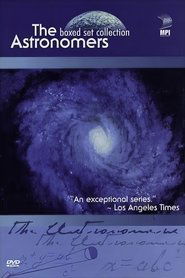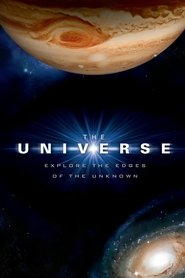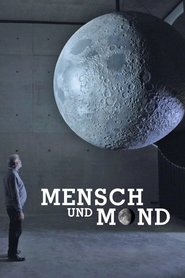
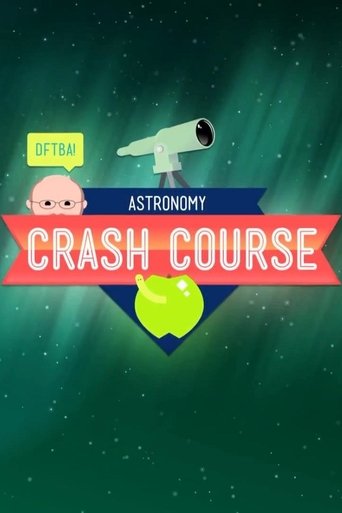
Crash Course Astronomy - Season 1 Episode 35 Star Clusters
2015-12-24
12 minutes.
Season - Episode
1
Season 1 Jan 15, 2015
-
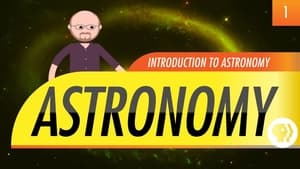 1 - 1Introduction to Astronomy Jan 15, 2015
1 - 1Introduction to Astronomy Jan 15, 2015 -
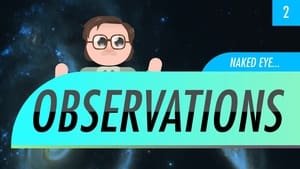 1 - 2Naked Eye Observations Jan 22, 2015
1 - 2Naked Eye Observations Jan 22, 2015 -
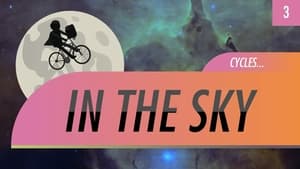 1 - 3Cycles in the Sky Jan 29, 2015
1 - 3Cycles in the Sky Jan 29, 2015 -
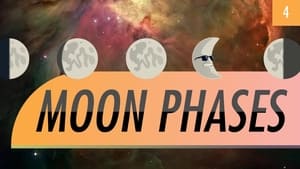 1 - 4Moon Phases Feb 05, 2015
1 - 4Moon Phases Feb 05, 2015 -
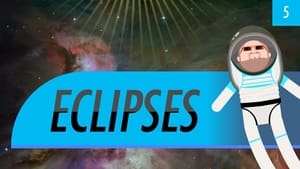 1 - 5Eclipses Feb 13, 2015
1 - 5Eclipses Feb 13, 2015 -
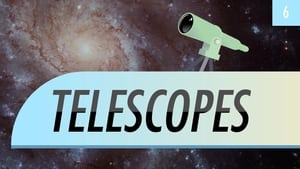 1 - 6Telescopes Feb 19, 2015
1 - 6Telescopes Feb 19, 2015 -
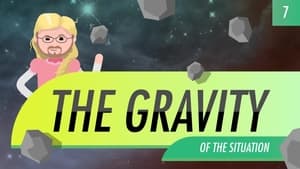 1 - 7The Gravity of the Situation Feb 26, 2015
1 - 7The Gravity of the Situation Feb 26, 2015 -
 1 - 8Tides Mar 05, 2015
1 - 8Tides Mar 05, 2015 -
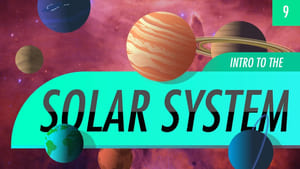 1 - 9Introduction to the Solar System Mar 12, 2015
1 - 9Introduction to the Solar System Mar 12, 2015 -
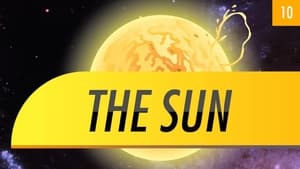 1 - 10The Sun Mar 19, 2015
1 - 10The Sun Mar 19, 2015 -
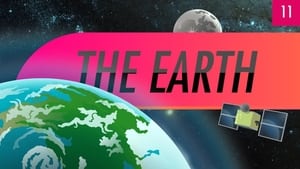 1 - 11The Earth Apr 02, 2015
1 - 11The Earth Apr 02, 2015 -
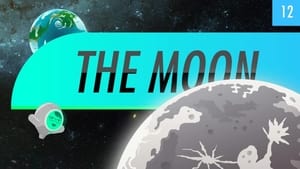 1 - 12The Moon Apr 09, 2015
1 - 12The Moon Apr 09, 2015 -
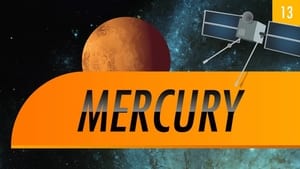 1 - 13Mercury Apr 16, 2015
1 - 13Mercury Apr 16, 2015 -
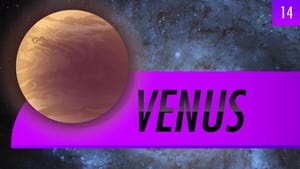 1 - 14Venus Apr 23, 2015
1 - 14Venus Apr 23, 2015 -
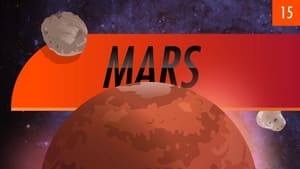 1 - 15Mars Apr 30, 2015
1 - 15Mars Apr 30, 2015 -
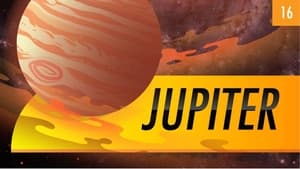 1 - 16Jupiter May 08, 2015
1 - 16Jupiter May 08, 2015 -
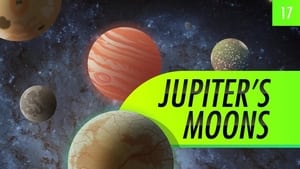 1 - 17Jupiter's Moons May 14, 2015
1 - 17Jupiter's Moons May 14, 2015 -
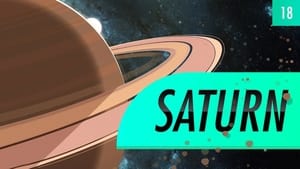 1 - 18Saturn May 21, 2015
1 - 18Saturn May 21, 2015 -
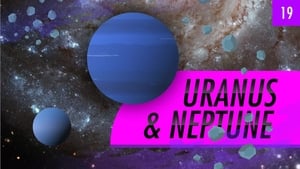 1 - 19Uranus & Neptune May 28, 2015
1 - 19Uranus & Neptune May 28, 2015 -
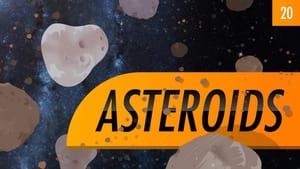 1 - 20Asteroids Jun 04, 2015
1 - 20Asteroids Jun 04, 2015 -
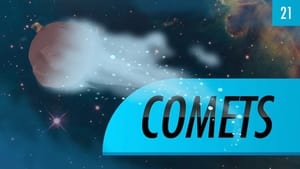 1 - 21Comets Jun 18, 2015
1 - 21Comets Jun 18, 2015 -
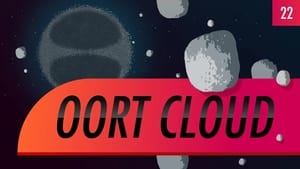 1 - 22The Oort Cloud Jun 25, 2015
1 - 22The Oort Cloud Jun 25, 2015 -
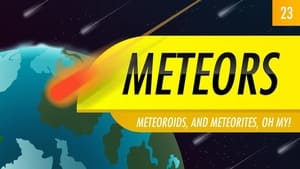 1 - 23Meteors Jul 02, 2015
1 - 23Meteors Jul 02, 2015 -
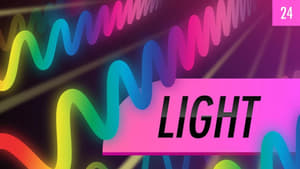 1 - 24Light Jul 09, 2015
1 - 24Light Jul 09, 2015 -
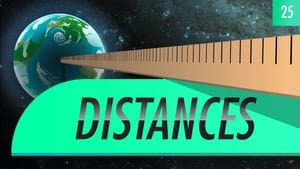 1 - 25Distances Jul 16, 2015
1 - 25Distances Jul 16, 2015 -
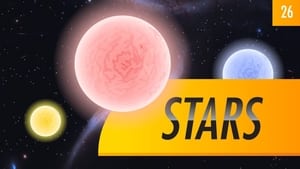 1 - 26Stars Jul 23, 2015
1 - 26Stars Jul 23, 2015 -
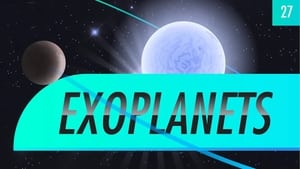 1 - 27Exoplanets Jul 30, 2015
1 - 27Exoplanets Jul 30, 2015 -
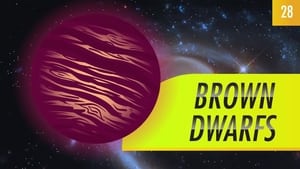 1 - 28Brown Dwarfs Aug 13, 2015
1 - 28Brown Dwarfs Aug 13, 2015 -
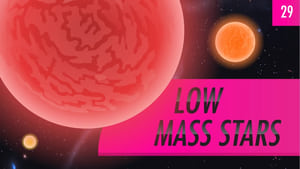 1 - 29Low Mass Stars Aug 20, 2015
1 - 29Low Mass Stars Aug 20, 2015 -
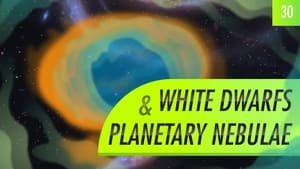 1 - 30White Dwarfs & Planetary Nebulae Aug 27, 2015
1 - 30White Dwarfs & Planetary Nebulae Aug 27, 2015 -
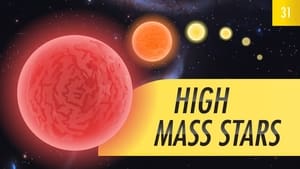 1 - 31High Mass Stars Sep 10, 2015
1 - 31High Mass Stars Sep 10, 2015 -
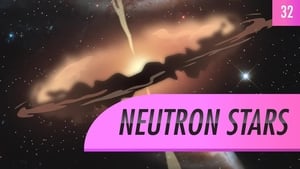 1 - 32Neutron Stars Sep 17, 2015
1 - 32Neutron Stars Sep 17, 2015 -
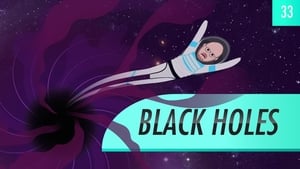 1 - 33Black Holes Sep 25, 2015
1 - 33Black Holes Sep 25, 2015 -
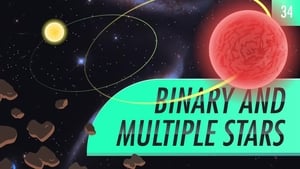 1 - 34Binary and Multiple Stars Oct 01, 2015
1 - 34Binary and Multiple Stars Oct 01, 2015 -
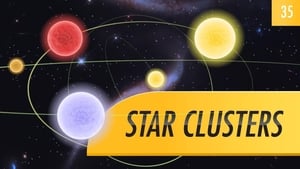 1 - 35Star Clusters Oct 08, 2015
1 - 35Star Clusters Oct 08, 2015 -
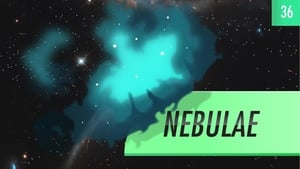 1 - 36Nebulae Oct 15, 2015
1 - 36Nebulae Oct 15, 2015 -
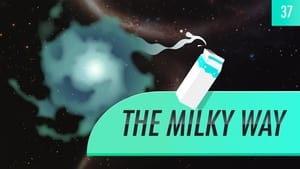 1 - 37The Milky Way Oct 22, 2015
1 - 37The Milky Way Oct 22, 2015 -
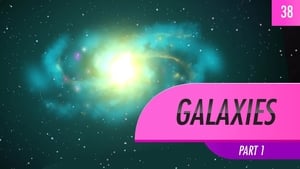 1 - 38Galaxies, Part 1 Oct 29, 2015
1 - 38Galaxies, Part 1 Oct 29, 2015 -
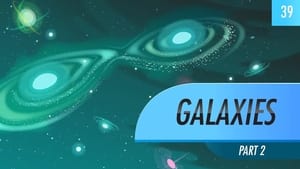 1 - 39Galaxies, Part 2 Nov 05, 2015
1 - 39Galaxies, Part 2 Nov 05, 2015 -
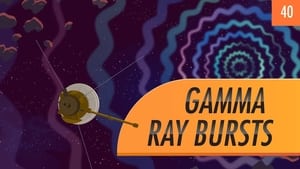 1 - 40Gamma-Ray Bursts Nov 12, 2015
1 - 40Gamma-Ray Bursts Nov 12, 2015 -
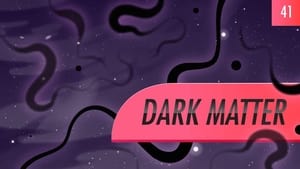 1 - 41Dark Matter Nov 19, 2015
1 - 41Dark Matter Nov 19, 2015 -
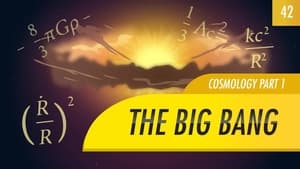 1 - 42The Big Bang, Cosmology Part 1 Nov 26, 2015
1 - 42The Big Bang, Cosmology Part 1 Nov 26, 2015 -
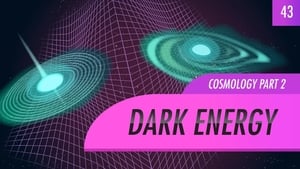 1 - 43Dark Energy, Cosmology Part 2 Dec 03, 2015
1 - 43Dark Energy, Cosmology Part 2 Dec 03, 2015 -
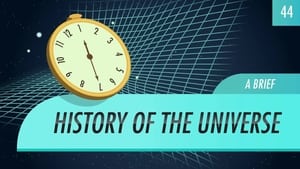 1 - 44A Brief History of the Universe Dec 10, 2015
1 - 44A Brief History of the Universe Dec 10, 2015 -
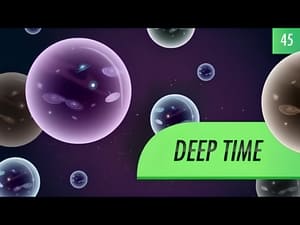 1 - 45Deep Time Dec 17, 2015
1 - 45Deep Time Dec 17, 2015 -
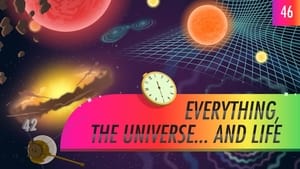 1 - 46Everything, The Universe...And Life Dec 24, 2015
1 - 46Everything, The Universe...And Life Dec 24, 2015
Overview
Last week we covered multiple star systems, but what if we added thousands or even millions of stars to the mix? A star cluster. There are different kinds of clusters, though. Open clusters contain hundreds or thousands of stars held together by gravity. They’re young, and evaporate over time, their stars let loose to roam space freely. Globular clusters, on the other hand, are larger, have hundreds of thousands of stars, and are more spherical. They’re very old, a significant fraction of the age of the Universe itself, and that means their stars have less heavy elements in them, are redder, and probably don’t have planets (though we’re not really sure).
Year 2015
Studio YouTube
Director
Crew Phil Plait (Writer)
Popularity 0.8001
Language English


